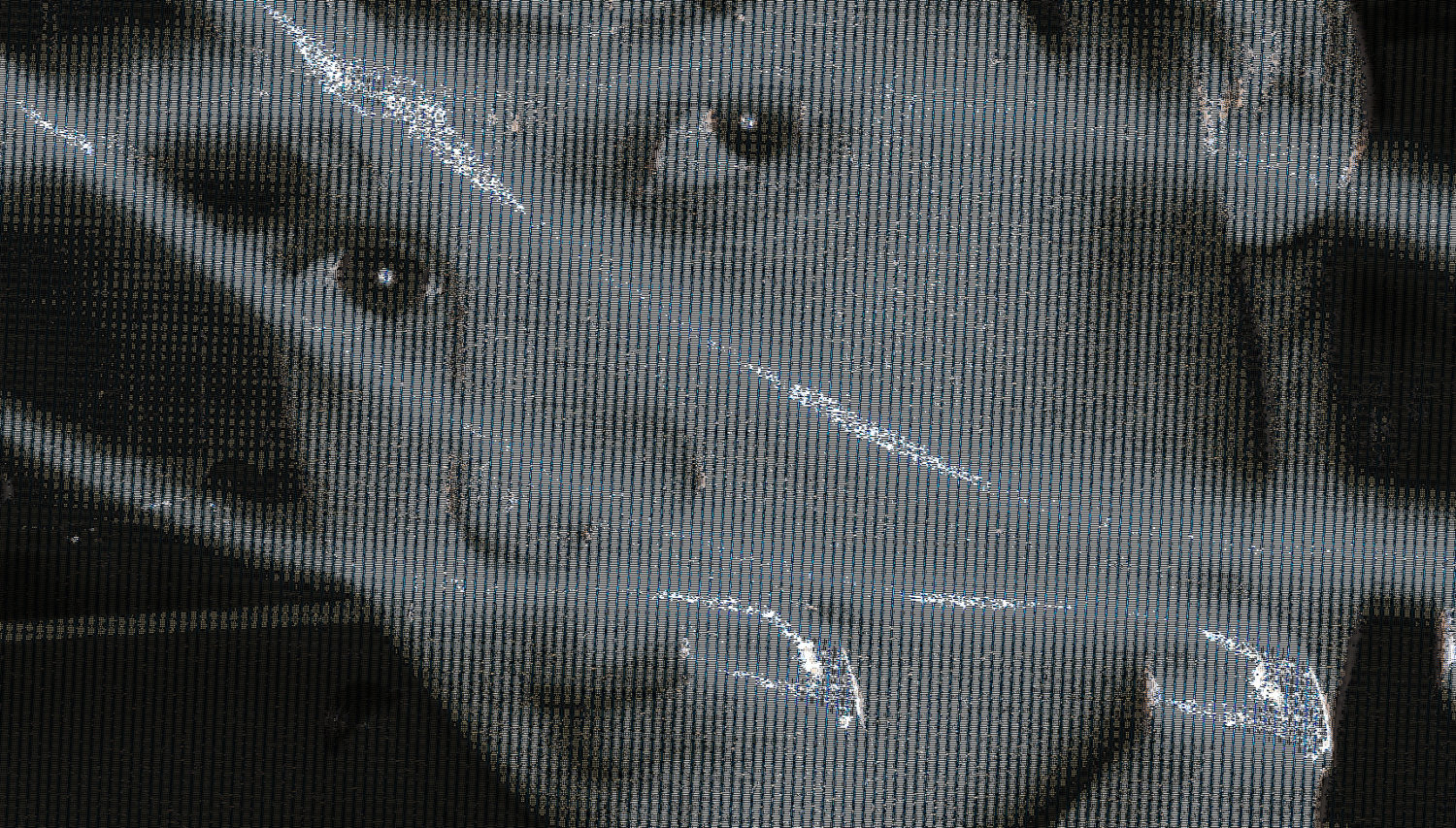I usually don’t comment on the quoted articles & writings I put up here – most of the time they’re just links that otherwise would fall down the memory hole that is my “save for later” email, so a short quote I think suffices for me to remember why I thought it worth saving to begin with.
Nevertheless, sometimes the selection is a bit too cryptic – I want to be be able to recall my train of thoughts a year later, so perhaps I ought to write some of my thoughts down? Let’s try that, why don’t we?
This is the first part of a six-part (II, III, IV, V, VI) series I expect to roll out taking a historian’s look at the Siege of Gondor in Peter Jackson’s Return of the King. We’re going to discuss how historically plausible the sequence of events is and, in the process, talk a fair bit about how pre-gunpowder siege warfare works.
Bret Devereaux: The Siege of Gondor, Part I: Professionals Talk Logistics
I found Brets blog via the distruntled people over att r/freefolk who linked his analysis of the preposterous logistics of the loot train battle which is a hilarious take on the Game of Thrones episode. The Siege of Gondor article – the first of six – is some 20’000 characters long and it’s a great read.
The proposed terrorist content filters will go further than Article 13 in the sense that they require services to remove reported content within one hour. In addition, services will have to prevent this content from reappearing on their platforms.
Torrentfreak: EU Members Approve Upload Filters for “Terrorist Content”
Ten years ago there were demonstrations all over against online surveillance – in Sweden it was FRA – but alongside emerging Pirate Parties there was a social movement concerned with online integrity. Today the social movement is focused on BLM and to some extent the environment, so a proposed “terrorist content” law merits barely a ripple in the news.

The more we ask the big, shifty questions about power and privilege and truth, the more our foundation must be rock solid. Editors must insist on fact checking budgets for their authors, and authors must keep insisting for them such that we can all pay fact checkers fairly.
Emma Copley Eisenberg: Fact Checking Is the Core of Nonfiction Writing. Why Do So Many Publishers Refuse to Do It?
Having read this about the state of American non-fiction fact checking, I’m curious to how it works here in Sweden. There are occasional flairups in the media about an author being caught in a supposed lie, but most often those are memoirs, not reporting books. Also, the piece tickled my research-&journo bone, which has shrivelled up but occasionally gives me phantom itch.
For two decades now, I have been interested in sleep research due to my professional involvement in memory and learning. This e-book attempts to produce a synthesis of what is known about sleep with a view to practical applications, esp. in people who need top-quality sleep for their learning or creative achievements.
Piotr Wozniak: Good sleep, good learning, good life.
I remember reading a feature on Piotr a bunch of years ago, focusing on his Supermemo spaced-repetition software. Browsing through his wiki-book on sleeping gives the similar impression of rigoruous self-experimentation with a cohort of 1. Of course, there’s hyperbole spread throughout and he mixes details with grand sweeping statements – he’d be well served by an editor – but it’s fascinating to read things which you can apply yourself. Suddenly you get a key to a previously unknown space in your brain.
Print magazines are no longer about information; the ones that are have become a commodity easily replicated online. Today’s print magazines are lifestyle products. The question is not “What does my audience want to read?” but “What does my audience want to buy?”
Steve Daniels: How to start a print magazine
Holy hell, the above quote is one of a handful of shimmering nuggets in the short article. Since I’ve been working on getting my own magazine off the ground for the better part of two years, there are some really good insights here that I’ll take with me. And hopefully finally publish the goddamn first four issues.